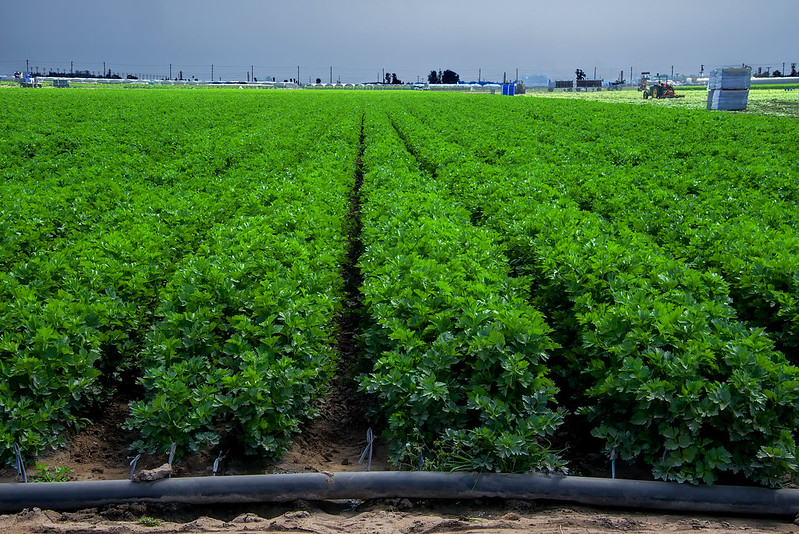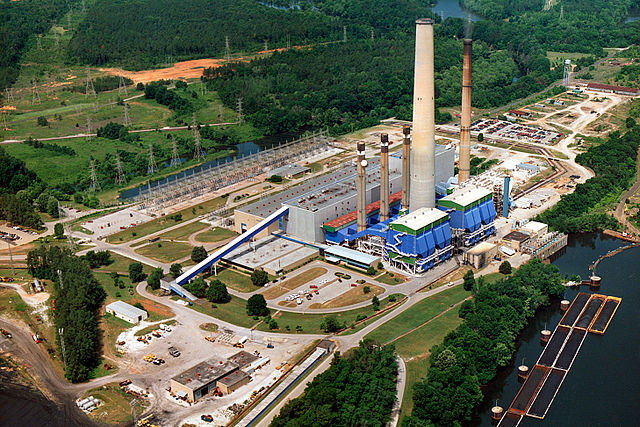Academia
Does Upzoning Reduce Housing Prices?
A recent careful study says no, but it suffers from unavoidable data and conceptual problems.
A new study on upzoning is out from the highly-respected Urban Institute, and it doesn’t have great news for YIMBYs: We find that reforms that loosen restrictions are associated with a statistically significant 0.8 percent increase in housing supply within three to nine years of reform passage, accounting for new and existing stock. This increase …
Continue reading “Does Upzoning Reduce Housing Prices?”
CONTINUE READINGU.S. Climate Law: A Broad & Rapidly Growing Field
There’s a lot of law relating to climate change. A lot!
In preparing to teach a course on climate law, I was really struck by how broad and rich the field has become. Back in the day, it was nearly all international law, but nowadays there’s a huge amount of U.S. domestic law. Most people, even those who work on the field, tend to focus on …
Continue reading “U.S. Climate Law: A Broad & Rapidly Growing Field”
CONTINUE READINGProposed Legislation Would Make Groundwater Adjudications More Fair
Guest Contributors Adrianne Davies, Owen McAleer, and Gabi Rosenfeld explain AB 779, a bill they worked on with State Assemblymember Lori Wilson.
By Adrianne Davies, Owen McAleer, and Gabi Rosenfeld California’s groundwater adjudication process is complex and inaccessible for many water users. As students in UCLA Law’s California Environmental Legislation and Policy Clinic, we partnered with State Assemblymember Lori Wilson’s office to find ways to improve this process. This project resulted in the introduction of AB 779, which will …
Continue reading “Proposed Legislation Would Make Groundwater Adjudications More Fair”
CONTINUE READINGMy Farewell to UCLA
Leaving UCLA to join Earthjustice is exciting, and bittersweet, for me
This will be my final Legal Planet post as a member of the UCLA faculty. After 20 wonderful years at UCLA School of Law, directing our Environmental Law Center and Wells Clinic and then co-directing our Emmett Institute with Cara Horowitz, I’m leaving to join Earthjustice as the managing attorney of the organization’s California Regional …
Continue reading “My Farewell to UCLA”
CONTINUE READINGThe Most Important Environmental Story Of The Week
Fossil Fuel Interests Corrupt Media
No, it’s not the Biden Administration’s successful push to electrify tens of thousands of USPS vehicles. It’s how Matrix LLC, a consultant in the southeast with significant investments in the energy sector, made massive payments to local media outlets to slant their coverage in favor of dirty power and exorbitant electricity rates. Consider Alabama Power, …
Continue reading “The Most Important Environmental Story Of The Week”
CONTINUE READINGThe Passing of a Respected Water Warrior
Remembering California Water Law Attorney Clifford Lee
Clifford (Cliff) Lee, one of California’s most knowledgable and respected water law experts, died suddenly late last month. His passing leaves a tremendous void in the field of California water law and policy. After earning his undergraduate degree from U.C. Berkeley, Cliff attended law school at U.C. Davis and quickly became entranced by water law. …
Continue reading “The Passing of a Respected Water Warrior”
CONTINUE READINGU.C. Davis Law School to Host “Clean Water Act at 50” Conference
Interdisciplinary Event Will Assess Landmark Law’s Past, Assess Its Future
On Friday, October 7th, the California Environmental Law & Policy Center at U.C. Davis School of Law will convene a major, day-long conference to commemorate the 50th anniversary of the federal Clean Water Act. The event will assess the progress the U.S. has made over the past half-century in abating water pollution; focus on some …
Continue reading “U.C. Davis Law School to Host “Clean Water Act at 50” Conference”
CONTINUE READINGNow You’re in Law School. What Should You Take?
There’s more than one path to environmentally meaningful work.
On Monday, I explained why this is an especially urgent time for new law students to be thinking about the climate crisis and how they can contribute as lawyers. The next question is how to prepare for that work. Here’s what I would say to a student in that position: The first thing to realize …
Continue reading “Now You’re in Law School. What Should You Take?”
CONTINUE READINGDear 1L . . .
You couldn’t have picked a more critical time to come to law school, for the country, the planet, and our future.
Dear 1L: You’ve gotten to law school at a crucial time for the future of the planet. The good news is that you’re arriving at a pivotal point when your work as a lawyer can make a big difference. The bad news is that we have a dwindling amount of time to get the situation …
Continue reading “Dear 1L . . .”
CONTINUE READINGMaking Climate Policy Work
New book highlights the weaknesses of carbon pricing in addressing climate policy
I have a new post up at JOTWELL reviewing a recent book from Danny Cullenward at the climate think-tank Carbon Plan, and Professor David Victor of UC San Diego. Their book, Making Climate Policy Work, is a terrific overview of the political and administrative weaknesses of carbon pricing as a tool for climate policy. Please …
Continue reading “Making Climate Policy Work”
CONTINUE READING









